A few days ago, Super Eyepatch Wolf released a video asking, “Do Spoilers Ruin Stories?”. It does a good job capturing the situation internet culture has led itself into: the seemingly closed case of spoilers ‘ruining’ what we watch, contrasted against the ease with which they flourish on social media. The older the tale, the less of a damn we give.
While many strive to keep themselves unspoiled when it comes to new shows airing each season, we’re comfortable with ‘spoiling’ what we regard as some of the greatest stories ever written. My own handle, ‘JekoJeko’, is derived from the ‘Jekyll Jekyll Hyde’ song of an episode of Arthur, which condensed the plot of Stevenson’s novel into a three minute parody piece. When I eventually came to read The Strange Case of Dr. Jekyll and Mr. Hyde, I recalled the song before I began, and realized I had lost something valuable.
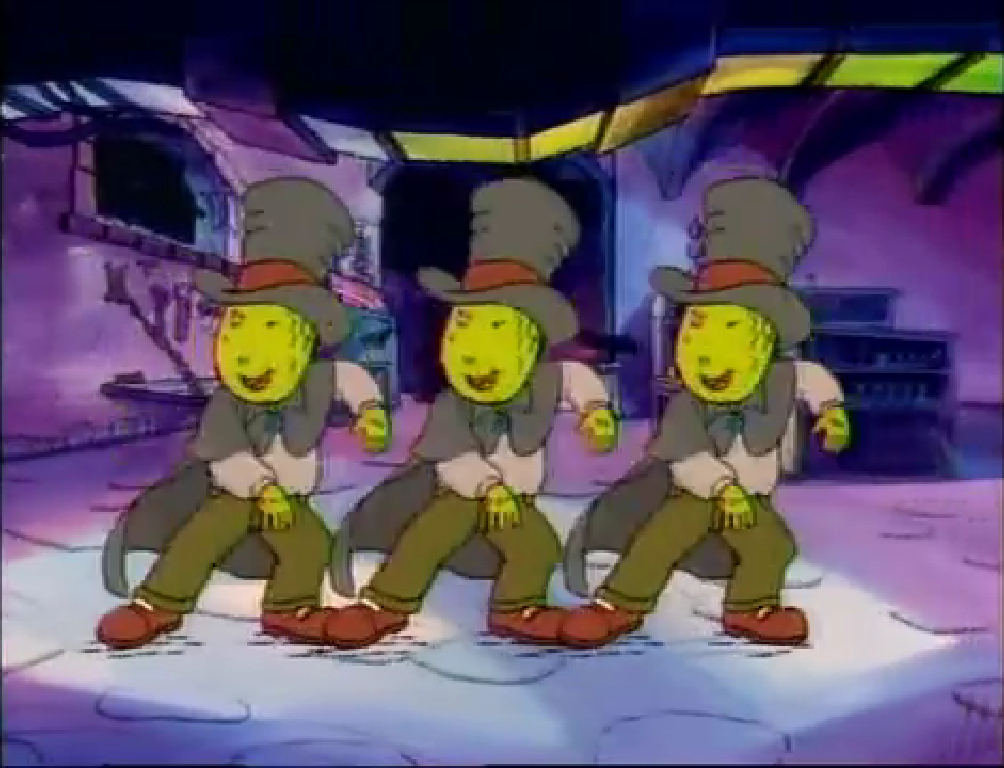
As an impressionable kid, I’d loved reading Fight Club blind because the twist literally shook me in my sleep, since my mother came to tell me goodnight the moment I’d finished the chapter in which all is revealed. That physical sensation of a world unraveling and my spine shaking to the core – that’s a feeling I’ve been trying to chase more in fiction, both in experience and theory. It’s something I discussed in my interviews for reading English at Oxford, along with Stevenson’s work. Though that discussion grew out of a dichotomy between genuine shock and the ‘spoiling’ of shock, those interviews made me realize that I likely wouldn’t have read Dr Jekyll and Mr Hyde without being prompted by a children’s spoiler-ific cartoon.
Super Eyepatch Wolf brings this point early into his discussion of spoilers: how his experience with Digibro’s ‘loving thesis’ on K-On! made him check out the show when he wouldn’t have before, and how that thesis wouldn’t have worked if it had been spoiler-free. This leads on to a wider question of how we experience stories with spoilers, and what we gain and lose by being ‘spoiled’ when it comes to entertainment. But though Wolf weaves his discussion through some academic studies, I don’t believe he treats them thoroughly enough. This goes in hand with a number of other issues I had digesting his thesis, which boil down to an oversimplification of how we consume what we read and watch.
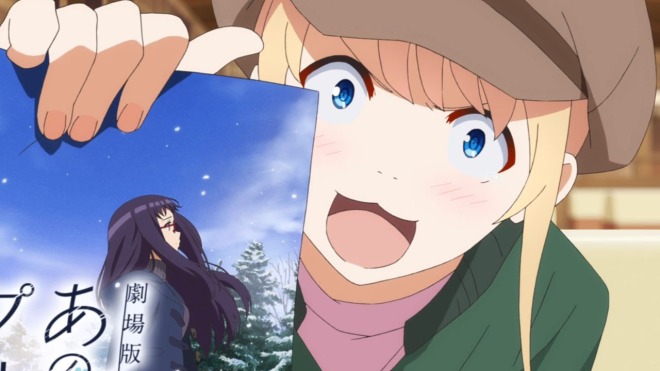
In a short study titled ‘Story Spoilers Don’t Spoil Stories’, Jonathan D. Leavitt and Nicholas J. S. Christenfeld test experiences of spoiled stories against those of unspoiled versions. SEW applies the data as-is: in almost every case, participants who were spoiled gave higher scores that those that went in blind. Leavitt and Christenfeld foreground this data with observations of how “reading a story with foreknowledge of its outcome may be analogous to perceptual fluency, in which perceived objects are processed with ease, an experience that is associated with aesthetic pleasure”, alongside the idea of “Schema discrepancy theory” which “suggests that increased predictability can result in increased positivity of affective response” (1152).
But this cements the issue with their methodology: the numeric scale they ask stories to be ‘rated’ on condenses the idea of pleasure to a single, distinct figure of “ease” and “positivity”. In keeping with the function of review site aggregators, an ‘out of ten’ scoring system begins by ruling out any multiplicity of feeling. Youtuber I Hate Everything has said his part against the modern trend of such review scores becoming a stand-in for thought and opinion, and it is an incredibly modern trend. Would you rate Yeats’ The Rose against Shakespeare’s fiftieth sonnet? It would involve ignoring so much of the complexity that makes poetry ‘art’. Review scores have to ignore so much complexity for the books, short stories, TV shows and films they cover too. A singular score makes aesthetic pleasure a singular body of value, rather that allow for multiple conflicting experiences to co-exist in distinction.
This notion of multiple experiences is vital: though Super Eyepatch Wolf says we can’t live in a Schrodinger’s Cat state of experiencing a story spoiled and unspoiled, we can certainly enjoy both at different times. The unspoiled watch is the blind watch: the spoiled experience is the rewatch. Whenever we get ‘spoiled’ and then sit down to a story, we skip the blind experience for whatever we got the low-down on. We have already ‘read’ the plot in a decontextualized form, and now we ‘re-read’ the plot in the context and syntax of the full story.
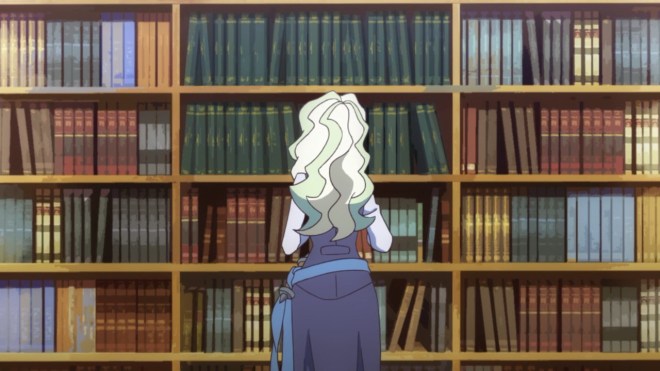
It’s not just ease of access to information that ups a sense of pleasure for re-reading: in his book S/Z, Roland Barthes (of ‘Death of the Author’ fame) had something to say on the greater value re-reading has to everyone:
Rereading, an operation contrary to the commercial and ideological habits of our society, which would have us “throwaway” the story once it has been consumed […] is here suggested at the outset […] it contests the claim which would have us believe that the first reading is a primary, naive, phenomenal reading which we will only, afterwards, have to “explicate,” to intellectualize (as if there were a beginning of reading, as if everything were not already read: there is no first reading, even if the text is concerned to give us that illusion by several operations of suspense, artifices more spectacular than persuasive); rereading is no longer consumption, but play (that play which is the return of the different). If then, a deliberate contradiction in terms, we immediately reread the text, it is in order to obtain, as though under the effect of a drug (that of recommencement, of difference), not the real text, but a plural text: the same and new. (15-16)
In suggesting “immediate” re-reading, Barthes is not advocating all stories should be completely spoiled before they’re experienced. But he’s also stressing how no story can be completely “unspoiled”. “There is no first reading”: at least, none of us have the consciousness for remembering our first encounter with narrative as a baby, upon which every other instance of storytelling in our lives has built upon again and again, consciously and subconsciously. Barthes’ “immediate” re-reading instead emphasizes the agency we have when approaching a story.
When we ‘read’ what All Might does in My Hero Academia, we can choose to immediately ‘re-read’ his actions in the context of his previous actions. If we’re re-watching the story, we can even look ahead. The more information we have to ‘re-read’ immediately with, the more of an immediate intellectual stimulation there is, not distanced from the experience of the text as a intellectual exercise, but woven into the experience itself. This, we could say, is ‘active’ reading as opposed to a ‘passive’ approach that doesn’t try to make links with anything.
This is why studies asking participants to rate spoiled stories against unspoiled versions will come out in favour of the former: it’s why we have so much fun rewatching a film we love. Reading a story with full knowledge of its plot opens up more channels of interpretation. The brain can do more, more easily. Ease becomes pleasure. We are more entertained.
So, again, why don’t we spoil every story for ourselves to get this experience?
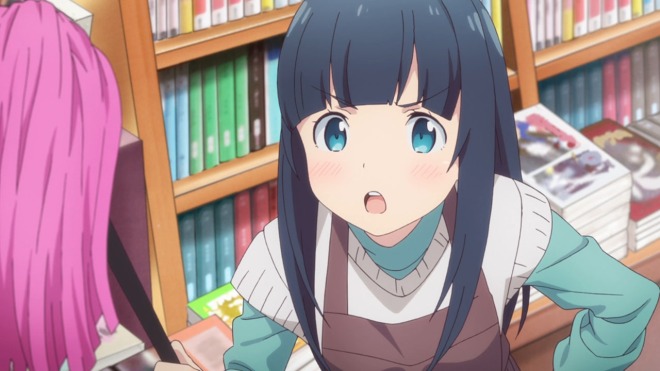
It comes down to the subject of the second study Super Eyepatch Wolf introduces: an interrogation of “Regret Intensity”. While SEW applies the notion of lost opportunities to the feeling we have when a story is spoiled – why we react so strongly – it would be crude to ignore the value we genuinely find in those opportunities. Why do we regret losing one experience when it’s for the sake of accessing a better re-reading? Because that re-reading is something we can revisit and enjoy again and again; the more information, the merrier. The blind experience is fragile: the more we know, the more we lose from that opportunity. While suspense is a matter of mere “spectacle” to Barthes, it’s still something that can’t be fully fabricated.
Imagine you’re eight years old, laying down to your parents reading Harry Potter to you before you sleep; this is all new to you. Early into Harry’s adventures, Hagrid gives him a short and immensely memorable line – “You’re a wizard Harry”. As a child who knows nothing of what is to come, the possibilities that extend into the unknown future of Harry’s life can fly out before you. What friends will he make? What enemies? What power will he be able to wield? But for a longtime fan of Rowling’s work, that line means a lot of other things; it might take them, for instance, to the exact circumstances of Harry’s birth. Though the fan’s mental path is easier, and therefore likely to be more ‘pleasurable’ to walk down, how valuable are the memories we have of stories as children! I’d take umbrage with any parent who thinks that sitting their child down to a good book should begin with the phrase “Dumbledore dies”.

Knowing everything about a story makes me feel like an adult, big and wise and masterful over its design, but knowing nothing and feeling lost or confused in an alien world makes me a child once again, with all the vulnerabilities that apply. Would I rate the small mental breakdown I had after blindly watching Donnie Darko on a scale of ‘pleasure’? Was it ‘fun’ feeling like my head was a cage slowly closing in on everything I thought was real? Honestly, that reaction, and shaking in my sleep to Fight Club – these things weren’t any kind of ‘pleasure’. But they were priceless, one-time experiences I wouldn’t trade for anything. They’re memories now; some of my best. Some of them are the reasons why I’m going to spend my life studying stories.
There’s more than one kind of aesthetic fulfillment, and some of those varieties can’t be replicated without subjecting yourself to a genuine sense of unknowing. Even if you think you can forget a spoiler to enjoy something ‘blind’ regardless of what you know, that very effort is going to colour your encounter with the plot differently to someone completely, genuinely surprised by what happens.
As Super Eyepatch Wolf posits that with ‘plot’ gone, so many things remain to be enjoyed, I’m only reminded of the shoddiness of MyAnimeList users’ frequent separation of ‘character’ and ‘story’ in their reviews. We don’t read plot on its own; we don’t read anything in art on its own. Character design is valuable because of how it portrays characters, who are valuable because of how they work with and dress up the narrative they’re bound to, which is valuable because of how it works with a genre, which is – you get the point. It’s all interconnected.
Plot isn’t ‘gone’ if it’s spoiled; it’s simply read differently, and that leads to different connections to the rest of the work. The relationship between characters, staging, music and a genuine ‘twist’ is going to be different than experiencing those things when you know what’s coming. Through psychology and narratology, we can consider the latter an opportunity for ‘better’ and more pleasurable reading, but the only thing that’s going to stop you from having that and a unique experience of going in unspoiled is your own impatience, or a refusal to keep multiple encounters with the same story in memory, each valued in its own way.
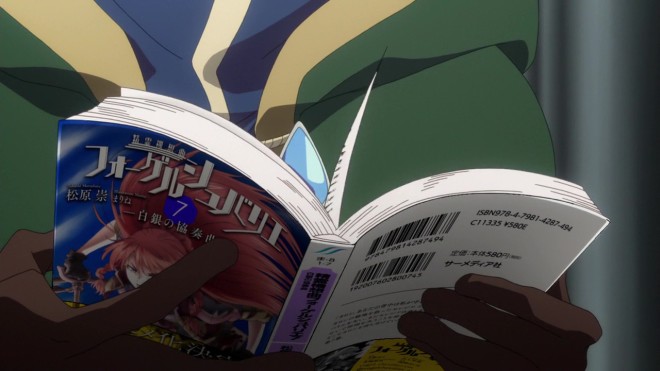
Barthes notes how we’re told to ‘throw away’ stories when we finish them, to move onto the next one, but a bigger problem today is how much people, when they do rewatch or reread stories, throw away their past experiences with them when new ones are found. They overwrite their save data instead of making a separate file. They ‘update’ their online reviews and scores and erase the old thoughts instead of placing new interpretations alongside old. Like the number they etch on the end of every discussion, their whole view of the story has to be singular, no matter how many unique encounters they’ve had with it. But Barthes’ “immediate” rereading works towards a “plural text”, and plurality falls flat if we synthesize everything we feel towards a story into a single rating, or ignore the value of appreciating a narrative from multiple perspectives of knowing and unknowing.
So no, spoilers aren’t ruining stories; they do end up making the reading of them ‘better’. But you know what is making a mess of modern storytelling? Our culture of ignoring the potential to make memories with what we consume, and the value those memories can have for us. Sure, I wouldn’t have read Dr Jekyll and Mr Hyde without a spoiler; but I wouldn’t be into anime as much as I am now if didn’t have the experiences of Clannad, Madoka, Angel Beats!, Kids on the Slope, Shirobako and so many more memories driving me to seek out even more things that can take my breath away.
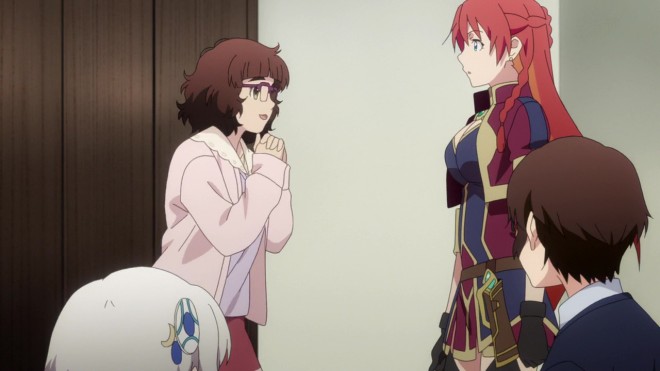
In the third episode of this season’s Re:Creators, Celestia declines foreknowledge concerning the future of her character and world. She could gain the upper hand, but only if she devolves her life into something second hand. What are revelations if they’re lived out in a living room conversation, or across a wikipedia page? Even if they’re not ‘best’ enjoyed in-the-moment, the way they’re appreciated in-the-moment is limited edition, and the only price is patience.
Spoilers don’t ruin stories. They ruins memories; you can’t synthesize surprise.


I wonder if I went to a Shakespeare play again I would need to read up on it and face spoilers when I went to see Midsummers night dream I could not understand what was going on. I’m currently hosting a Shakespearean blog party.
LikeLiked by 1 person
This is an interesting issue with older storytelling. The question for me comes down to: do we use spoilers as an excuse from our inability to work out the plot, or should we work on learning how to read as these writers’ contemporaries did so that we don’t need that crutch?
I’d advocate the latter; learning to enjoy Shakespeare is about learning to think, feel and *be* Shakespearian. We ought to try to get comfortable with the way he writes for the stage. Spoilers are a shortcut, but they won’t get us closer to the man himself, nor the characters he constructs.
LikeLiked by 1 person
Mmm not sure how would learn to think Shakespearean. Maybe once understand play helps with others?
LikeLike
For me it’s about getting into the mind of his contemporary audience. Learn what drove and divided them; what they were paying to see on stage.
LikeLiked by 1 person
100% agree. I think the most interesting aspect of having different experiences from a work based on unspoiled and spoiled readings of it, is that it speaks of how art’s value isn’t inherent (at least not entirely) but formed out of the interaction between the work and the consumer. This subsequently creates a really fascinating fluidity to the work itself, as it almost turns into an entirely different beast on the first and second reading – even though the content stays completely the same.
LikeLiked by 1 person